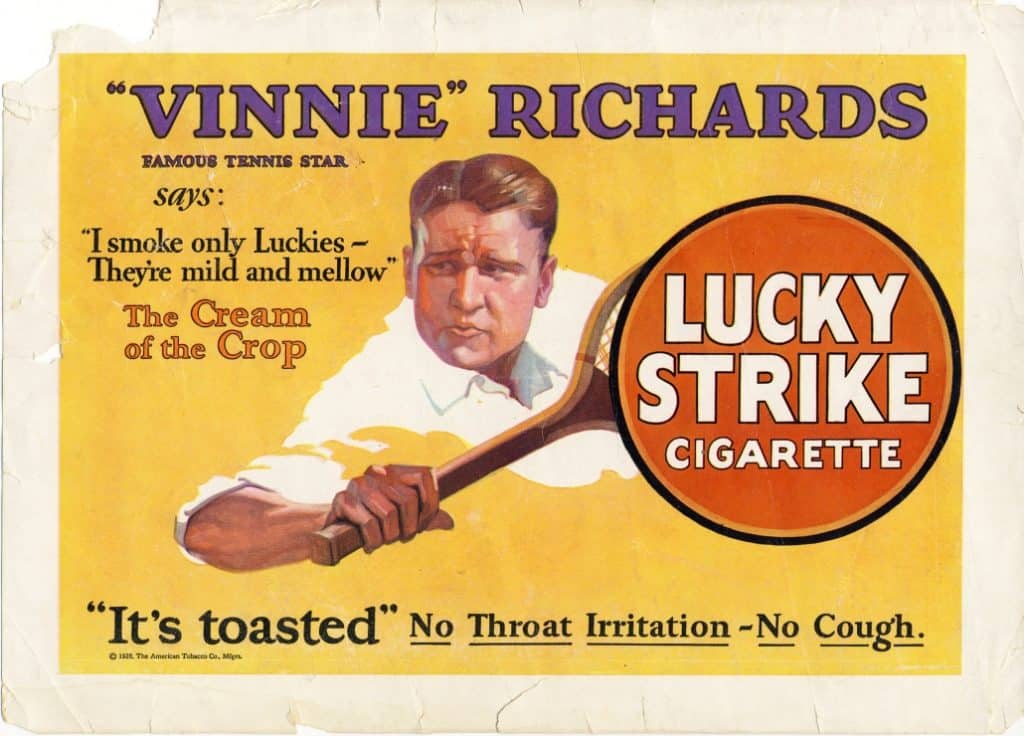By Mary Hoar, President Emerita, Yonkers Historical Society, recipient of the 2004 Key to History, Member of the Yonkers Landmarks Preservation Board, and President Untermyer Performing Arts Council

Monday, June 28th
June 28, 1943: Six nights after Yonkers Common Council enacted the Curfew Ordinance to protect Yonkers girls from late night “attention” from servicemen, Yonkers police made their first arrest. Officers picked up two fourteen-year-old boys who became rambunctious while waiting for their trolley home after work. The boys were taken into custody and held for their parents.
June 28, 1979: The Untermyer Performing Arts Council and the Yonkers Department of Parks officially opened “Theater in the Park,” utilizing lush green foliage, the Palisades, the Hudson River and the beautiful blue Yonkers sky as its scenery! Programs presented that summer were “Godspell,” “The Fantasticks,” “You’re a Good Man Charlie Brown,” and “The King and I.” “The King and I” was produced and directed by the Repertory Company of the Untermyer Performing Arts Council. The Actors Conservatory Theater, the Greystone Actors Studio and The Little Theater Company presented the other performances.
Tuesday, June 29th
June 29, 1933: Although Nepera Park was an integral part of the City Of Yonkers, since it had its own post office and postmaster, it missed out on special mailing rates for people of Yonkers. Instead of having a reduced two-cent postal rate for first class mail sent to the rest of the city, residents had to pay three-cents for each letter, the same postage they paid to send a letter to California.
June 29, 1935: While in retreat at St. Joseph’s Seminary in Yonkers, Patrick Cardinal Hayes received the news he was appointed by Pope Pius as the Pontifical Delegate to the American National Eucharistic Congress in Cleveland that fall.
June 29, 1936: Less than thirty minutes after three Brooklyn bandits held up employees at a McLean Avenue market, Captain John Beary not only caught them, he held them at gun point.
Wednesday, June 30th
June 30, 1923: King George and Queen Mary witnessed Yonkers’ own Vincent Richards defeated by California’s William Johnston at Wimbledon. The twenty thousand attendees considered it to be the “most thrilling tennis match” ever played at Wimbledon.
June 30, 1943: Sergeant Mike Giovanniello of Yonkers was part of the amphibious assault on Rendova Island, an assault that overwhelmed a Japanese military garrison, securing the island for a staging and artillery base. Afterwards, while opening a can of field rations, he found a lump of sugar wrapped in a paper that carried the words, “French Chef.” Not only was the address of the restaurant on the slip, but also the name of manufacturer National Sugar Refining Company. He was so moved by finding this souvenir of his hometown, he kept it with him through two campaigns. He later mailed the little slip of paper to the restaurant on South Broadway, writing he had eaten there many times, and kept the wrapper in his money belt throughout the fighting. He wanted them to know the French Chef name “had traveled through the jungles of New Georgia and back to Yonkers.” The management of the restaurant was sovtouched, he held on to Giovanniello’s letter and sugar wrapper.
Thursday, July 1
July 1, 1908: Samuel Untermyer entertained a return visitor to Greystone, Richard Croker. At one time Chief of Tammany Hall, Croker had not been to Greystone since the early 1880s, when he visited Samuel J. Tilden. After his visit he stated, “The place is far more beautiful now than then. It is now a truly ideal spot, as pretty, indeed, as are many of the old estates in Ireland, which have been done over to suit modern tastes.”
July 1, 1945: Saunders faculty member Dr. Adam Poruban began an unusual summer job, personnel research at the Adjutant General’s office on Madison Avenue. He sent field agents to perform various Army tests—intelligence, mechanical, aptitude tests, etc., to insure personnel were placed properly in the military and civilian jobs around the country. After the tests were given, his statistical analysis unit studied the results to see if the tests actually measured what they were supposed to, i.e., validate the tests.
Friday, July 2nd
July 2, 1911: Well-known barber August Nitsch passed away. The oldest barber in Yonkers, Nitsch was best known for being Samuel Tilden’s barber while the “Sage of Graystone” lived in Yonkers.
July 2, 1965: The movie cameras once again were shooting in Yonkers, this time at Tibbetts Brook Park! The picture being filmed was “The Daydreamer,” the story of Hans Christian Anderson starring Ray Bolger and Margaret Hamilton.
Saturday, July 3rd
July 3, 1911: The Manor Hall officially passed into custody of the American Scenic and Historic Society. During the first few months of 1911, a few officials and departments still operated out of the Manor Hall, including the Board of Contract and Supply, the Comptroller, the City Treasurer and the Assessors. As part of the transition, the City of Yonkers informally unofficially began its first official celebration of Independence Day. Shortly after dusk, more than 2, 000 “incandescents” outlined the building and six flaming arc lamps suspended in the tower lit City Hall. Seen for miles, the brilliant lights attracted thousands of people to Broadway and New Main Street who wanted to get a closer look.
Sunday, July 4th
July 4, 1911: Speeches and musical entertainment opened our first Independence Day celebration at City Hall. A girls’ chorus from St. Mary’s sang patriotic songs; Mayor Lennon made a brief speech, and City Judge Joseph Beall gave the keynote speach. Gerard Flannery, another St. Mary’s student, read the Declaration of Independence, and the audience sang “The Star Spangled Banner” to end the program.
July 4, 1921: Yonkers’ own George McLean tied for third place on the first day of the Metropolitan Open Golf Tournament.
Questions or comments? Email YonkersHistory1646@gmail.com.
For information on the Yonkers Historical Society, Sherwood House and upcoming events, please visit our website www.yonkershistoricalsociety.org, call 914-961-8940 or email yhsociety@aol.com.





